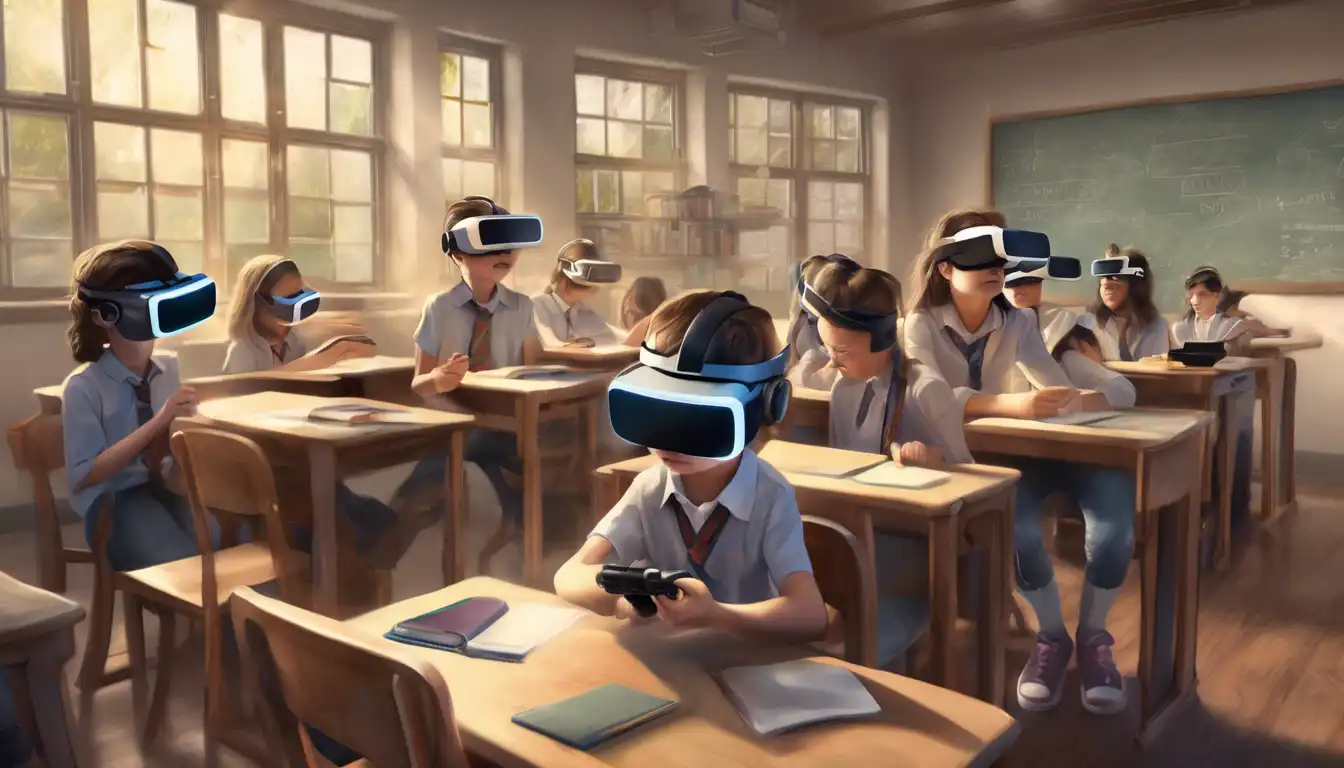The Transformative Impact of Virtual Reality in Learning Environments
Virtual Reality (VR) technology has been making waves across various sectors, and education is no exception. The potential of VR in education is vast, offering immersive learning experiences that were once unimaginable. This article delves into how VR is reshaping the educational landscape, making learning more engaging, interactive, and effective.
Why VR in Education?
VR provides a unique opportunity to simulate real-world environments and scenarios, making it an invaluable tool in education. From virtual field trips to historical sites to immersive science experiments, VR can bring abstract concepts to life, enhancing understanding and retention among students.
Benefits of VR in the Classroom
- Enhanced Engagement: VR's immersive nature captures students' attention like never before, making learning more engaging.
- Improved Retention: Experiential learning through VR helps in better retention of information.
- Accessibility: VR can make education more accessible, allowing students to explore worlds beyond their physical limitations.
- Safe Learning Environment: VR provides a safe space for students to experiment and learn from mistakes without real-world consequences.
Challenges and Considerations
Despite its benefits, integrating VR into education comes with challenges. The cost of VR equipment and the need for technical support are significant barriers. Additionally, ensuring that VR content is pedagogically sound and aligns with curriculum standards is crucial for its success in educational settings.
The Future of VR in Education
The future of VR in education looks promising, with advancements in technology making VR more affordable and accessible. As educators and developers continue to explore the potential of VR, we can expect to see more innovative applications that further enhance learning experiences.
For more insights into innovative learning technologies, check out our article on EdTech Trends Shaping the Future of Education.
In conclusion, VR holds the potential to revolutionize education by providing immersive and interactive learning experiences. While challenges exist, the benefits of VR in education are undeniable, making it a worthwhile investment for the future of learning.
